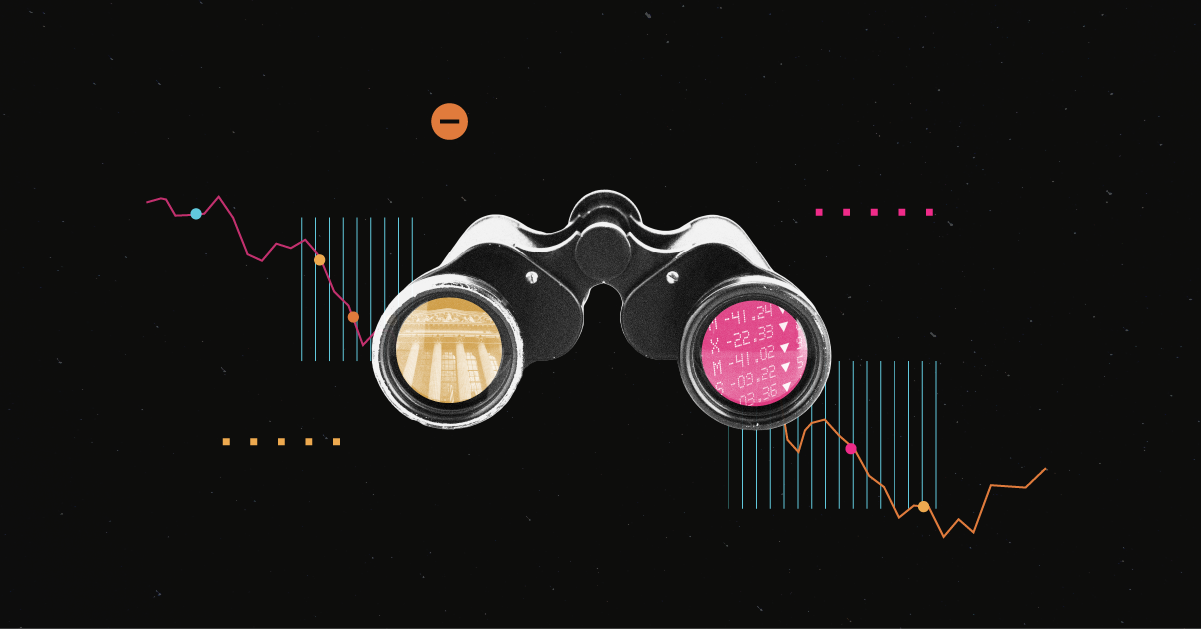Holly Cook: Hello and welcome to Morningstar. It’s time for us to check in with Jose Garcia Zarate, a senior fund analyst and economist here at Morningstar, for our quarterly macro check-up.
Jose, thanks for joining me.
Jose Garcia Zarate: Hello.
Cook: So, to put it into context what’s going on in the Eurozone and UK at the moment, six months ago we were all doom and gloom and then towards the end of 2014 and so far in 2015 we’ve seen some really strong market performances from European countries, in general, with the exception of Switzerland. What’s changed?
Zarate: Three key elements that were not really apparent six months ago. First, the collapse in oil prices; second, the monetary activism on the side of the ECB, not just in bringing rates to an absolute low of zero but also actually approving a very ambitious programme of quantitative easing; and the third one, which has also been very instrumental, has been the depreciation of the euro versus all main trading currencies, which has provided a particular boost to the exporters.
And those three key elements – which I like to define as a “macro trinity” – have somehow saved the day. Because the Eurozone was actually, in the middle of last year, was heading for a slowdown. Thanks to the combination of these three macro factors, it has avoided a relapse into potential recession, quite frankly.
Cook: And what about Greece? So now that some sort of deal – or interim deal – has been struck, does that remove that noise from the Eurozone story?
Zarate: I would be very happy to say yes, but unfortunately I can’t. I think this is one of those recurrent stories. If you remember, you interviewed me about six weeks ago and I said at the time that I thought the room for negotiation of what we expected at the time to be the new government [Syriza] was going to be fairly slim. And that has proved to be the case actually. The agreement, or the deal that has been signed implies a bit of a back-down from the promises that were made during the electoral campaign by this radical, left-wing force.
However, the agreement is only for four months so I would expect that we will be talking about Greece in four months’ time again, because that is when the real negotiation of the programme will be tackled.
Cook: So Greece aside, are there any other red flags on the horizon for the Eurozone as a region? Because everything you described as we first started talking – they were positive effects, is there anything else we should be worried about?
Zarate: They are positive effects, and I think that the economic agents should really seize this opportunity. This is a combination of positive factors and that would hopefully allow politicians, economic agents, enterprises and consumers and so on, to drive things forward rather than become complacent that things are looking a bit rosy at the moment.
Because there remains a series of structural flaws in many of these countries: I think one of the key problems is still the high levels of unemployment. They’re coming down, that’s true, even among the younger section of the population – it’s not as overly dramatic as it was a few years ago. But we’re still talking about rates of unemployed in the young population around 40-50% in countries like Spain, Greece and Italy. I mean, that’s not really sustainable in the long-term and it is a structural problem that needs to be tackled.
Cook: It sounds like when we talk again in three months’ time, Greece is obviously going to be on the agenda…
Zarate: It will be yes.
Cook: And we’ll be looking closely at these other economic factors as well.
Zarate: Alright.
Cook: Jose, thanks for joining me.
Zarate: Thank you.
Cook: For Morningstar, I’m Holly Cook; thanks for watching.






















